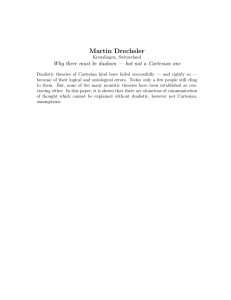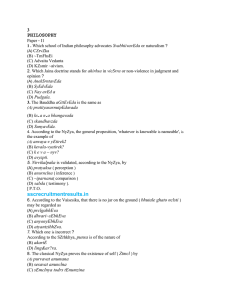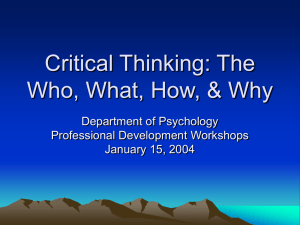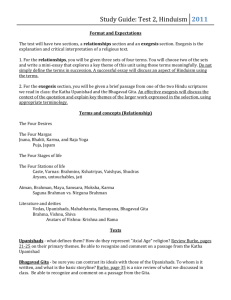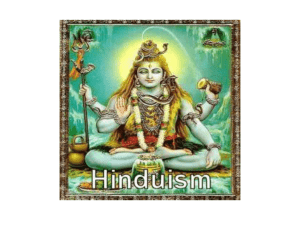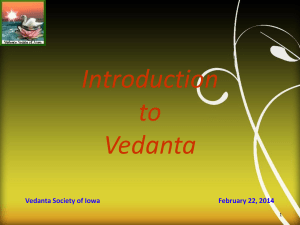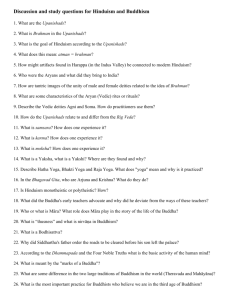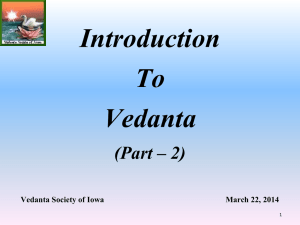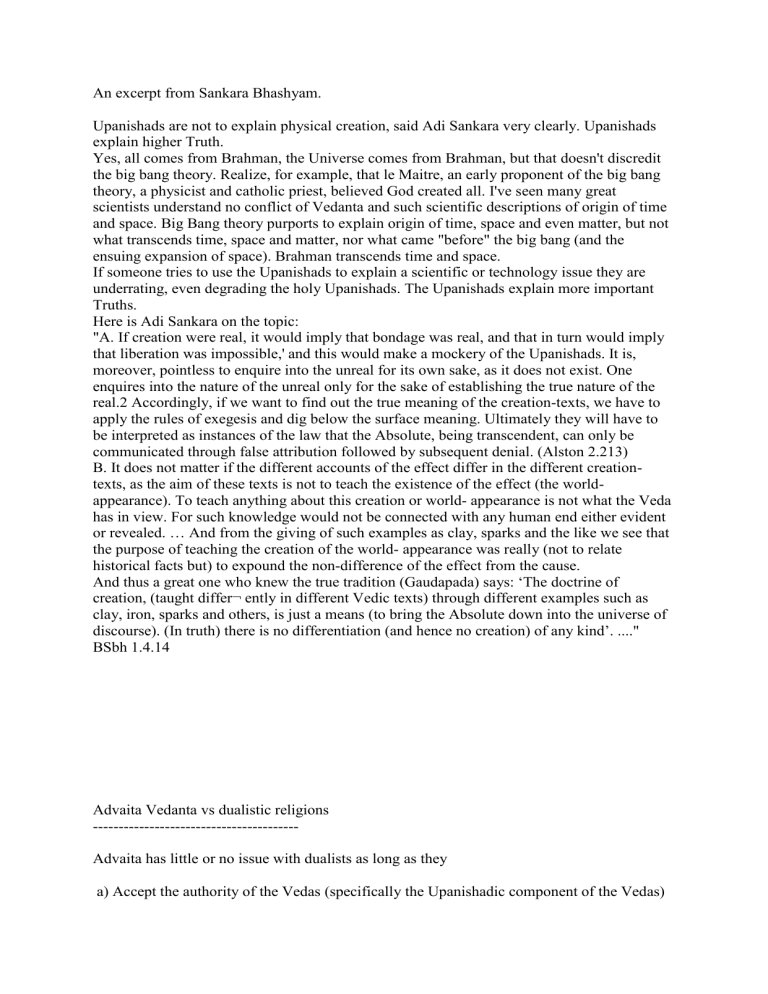
An excerpt from Sankara Bhashyam. Upanishads are not to explain physical creation, said Adi Sankara very clearly. Upanishads explain higher Truth. Yes, all comes from Brahman, the Universe comes from Brahman, but that doesn't discredit the big bang theory. Realize, for example, that le Maitre, an early proponent of the big bang theory, a physicist and catholic priest, believed God created all. I've seen many great scientists understand no conflict of Vedanta and such scientific descriptions of origin of time and space. Big Bang theory purports to explain origin of time, space and even matter, but not what transcends time, space and matter, nor what came "before" the big bang (and the ensuing expansion of space). Brahman transcends time and space. If someone tries to use the Upanishads to explain a scientific or technology issue they are underrating, even degrading the holy Upanishads. The Upanishads explain more important Truths. Here is Adi Sankara on the topic: "A. If creation were real, it would imply that bondage was real, and that in turn would imply that liberation was impossible,' and this would make a mockery of the Upanishads. It is, moreover, pointless to enquire into the unreal for its own sake, as it does not exist. One enquires into the nature of the unreal only for the sake of establishing the true nature of the real.2 Accordingly, if we want to find out the true meaning of the creation-texts, we have to apply the rules of exegesis and dig below the surface meaning. Ultimately they will have to be interpreted as instances of the law that the Absolute, being transcendent, can only be communicated through false attribution followed by subsequent denial. (Alston 2.213) B. It does not matter if the different accounts of the effect differ in the different creationtexts, as the aim of these texts is not to teach the existence of the effect (the worldappearance). To teach anything about this creation or world- appearance is not what the Veda has in view. For such knowledge would not be connected with any human end either evident or revealed. … And from the giving of such examples as clay, sparks and the like we see that the purpose of teaching the creation of the world- appearance was really (not to relate historical facts but) to expound the non-difference of the effect from the cause. And thus a great one who knew the true tradition (Gaudapada) says: ‘The doctrine of creation, (taught differ¬ ently in different Vedic texts) through different examples such as clay, iron, sparks and others, is just a means (to bring the Absolute down into the universe of discourse). (In truth) there is no differentiation (and hence no creation) of any kind’. ...." BSbh 1.4.14 Advaita Vedanta vs dualistic religions ---------------------------------------Advaita has little or no issue with dualists as long as they a) Accept the authority of the Vedas (specifically the Upanishadic component of the Vedas) b) Believe in a single God c) That God is an all-pervasive (Antaryami) entity, from whom everything in the universe is created, continue to live in, and finally dissolve at the end In the Vedantic perspective, there is a single, Infinite, eternal entity, ocean-like. Everything perceived in the world, is like a droplet of water in this ocean, while God forms like Vishnu, Siva...are waves encompassing all these foam particles. 1) Advaita Vedanta accepts dualistic creeds of Indian origin, like Vishnu-worship, Sivaworship, Devi-worship, Ganesha-worship etc, because their source books like Ganesha Purana, Vishnu Purana etc follow (a), (b), (c) above 2) Advaita rejects certain dualistic creeds of Indian origin, like the Sankhya and Yoga, because they follow (a) but do not follow (b) and (c) 3) Advaita doesn't agree with the dualistic creeds of foreign origin, like Islam and Christianity, because they follow (b) but do not follow (a), and (c) For all practical purposes the Advaitin is in perfect alignment with Bhakti, and with most dualistic sects, as long as they adhere to (a), (b) and (c).Advaita Vedanta vs dualistic religions ---------------------------------------Advaita has little or no issue with dualists as long as they a) Accept the authority of the Vedas (specifically the Upanishadic component of the Vedas) b) Believe in a single God c) That God is an all-pervasive (Antaryami) entity, from whom everything in the universe is created, continue to live in, and finally dissolve at the end In the Vedantic perspective, there is a single, Infinite, eternal entity, ocean-like. Everything perceived in the world, is like a droplet of water in this ocean, while God forms like Vishnu, Siva...are waves encompassing all these foam particles. 1) Advaita Vedanta accepts dualistic creeds of Indian origin, like Vishnu-worship, Sivaworship, Devi-worship, Ganesha-worship etc, because their source books like Ganesha Purana, Vishnu Purana etc follow (a), (b), (c) above 2) Advaita rejects certain dualistic creeds of Indian origin, like the Sankhya and Yoga, because they follow (a) but do not follow (b) and (c) 3) Advaita doesn't agree with the dualistic creeds of foreign origin, like Islam and Christianity, because they follow (b) but do not follow (a), and (c) For all practical purposes the Advaitin is in perfect alignment with Bhakti, and with most dualistic sects, as long as they adhere to (a), (b) and (c).
